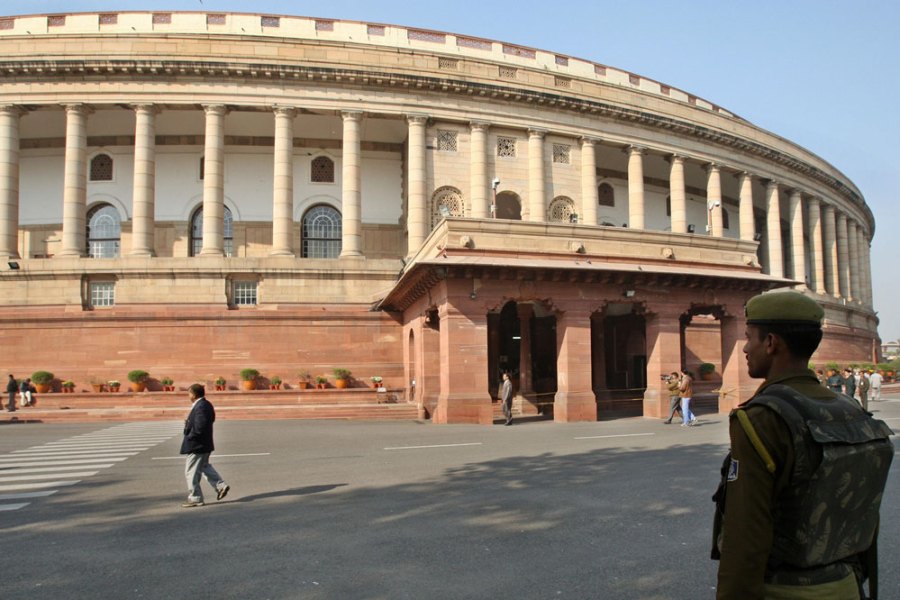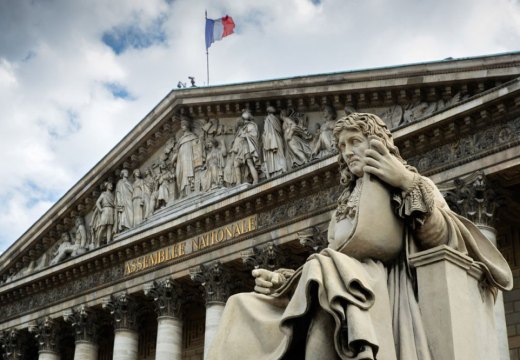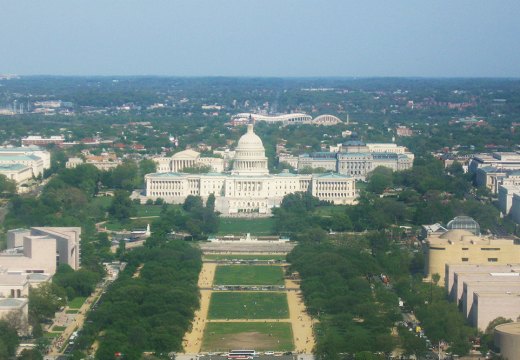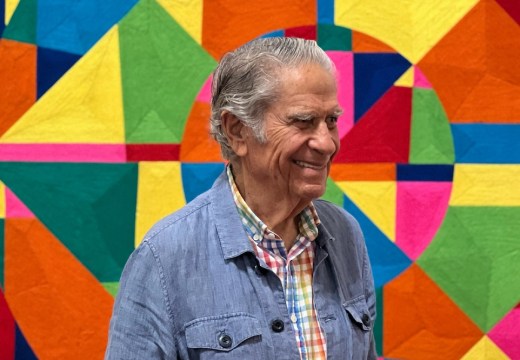On Tuesday, the Supreme Court of India dismissed objections to the construction of a new parliament complex in New Delhi. The plans, announced by the prime minister Narendra Modi in 2019, include the building of a new triangular parliament building and the altering and demolition of some structures. The construction of new buildings along the Central Vista, intended to be complete by India’s 75th anniversary of Independence in August 2022, is regarded by many as the deliberate destruction of Herbert Baker and Edwin Lutyens’ scheme for a new seat of government, replacing the capital in Calcutta, and completed in 1931.
On 1 January, the US Senate overturned President Trump’s veto of the defence authorisation act which extends anti-money laundering provisions in the Bank Secrecy Act to antiquities dealers. The new measures require that businesses disclose shareholders with a more than 25 per cent stake to a new federal registry maintained by the US Treasury department. The requirement will in effect end purchases through anonymous shell companies.
The mayor of Venice, Luigo Brugnaro, has announced that its civic museums – 11 institutions including the Doge’s Palace, Palazzo Fortuny and the Museo Correr – are to remain closed until at least 1 April, when the tourist season usually begins. Museums across Italy have been closed due to national restrictions since 5 November, but these are only in effect until 15 January. Brugnaro has stated that, because the museums in Venice depend largely on tourists, there is a ‘business logic’ to keeping them closed until they can have more visitors. A petition calling for him to reverse his decision is circulating with some 3,000 signatures gathered so far.
The Cour de Cassation, the highest judicial court in France, has ordered a retrial of the alleged tax fraud case against members of the Wildenstein family. The art dealer Guy Wildenstein is once more accused, along with his nephew, Alec Jr Wildenstein, and his late brother’s widow, Liouba Stoupakova, of hiding millions of euros’ worth of assets – including paintings and property – in order to reduce their inheritance tax. An initial acquittal in 2017 was upheld in the court of appeals in 2018.
Unlimited access from just $16 every 3 months
Subscribe to get unlimited and exclusive access to the top art stories, interviews and exhibition reviews.














![Masterpiece [Re]discovery 2022. Photo: Ben Fisher Photography, courtesy of Masterpiece London](http://www.apollo-magazine.com/wp-content/uploads/2022/07/MPL2022_4263.jpg)






